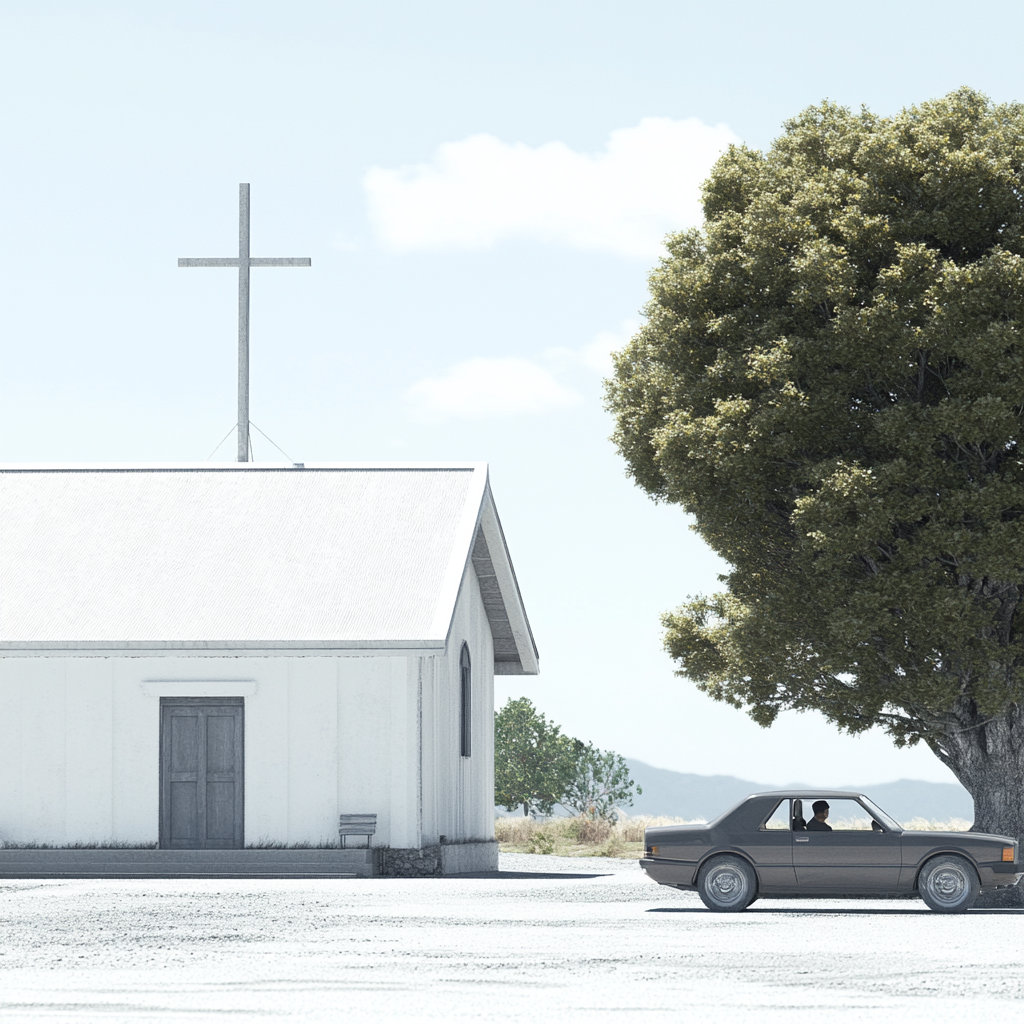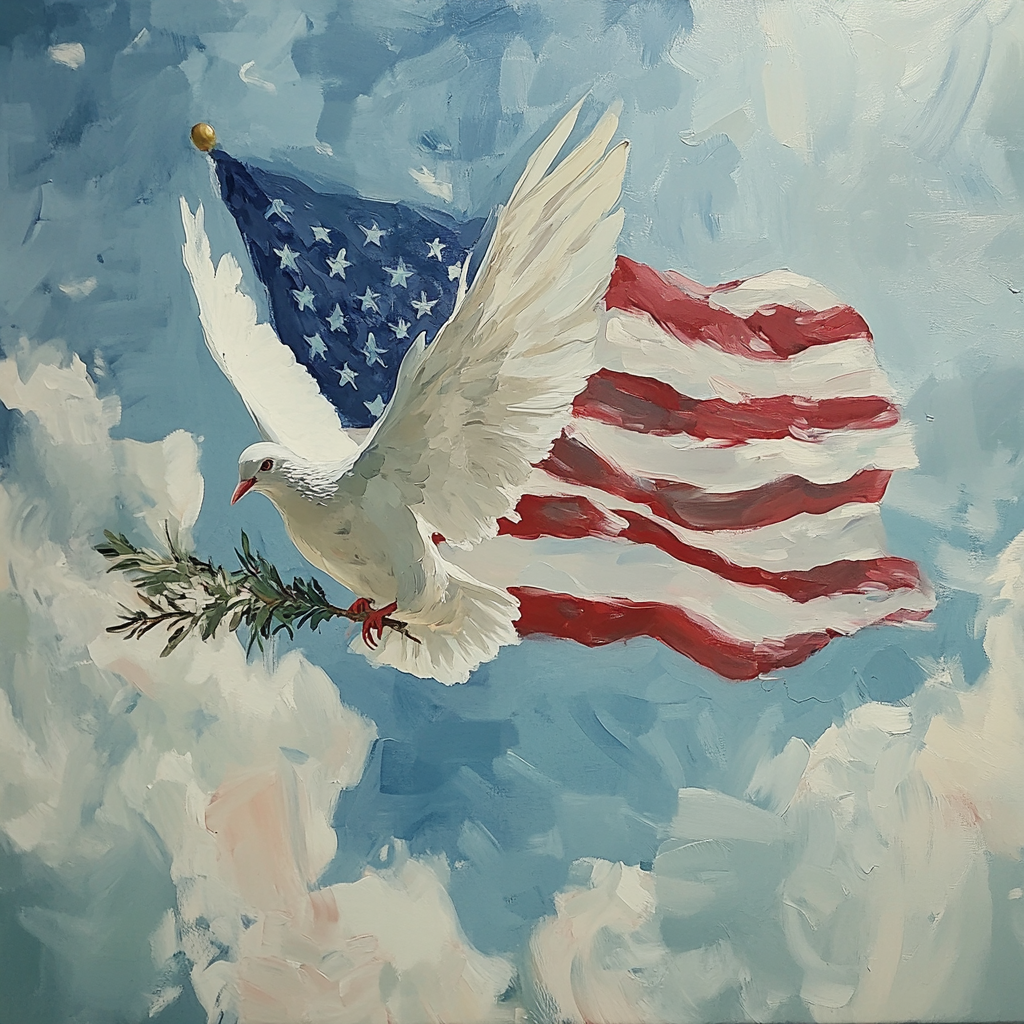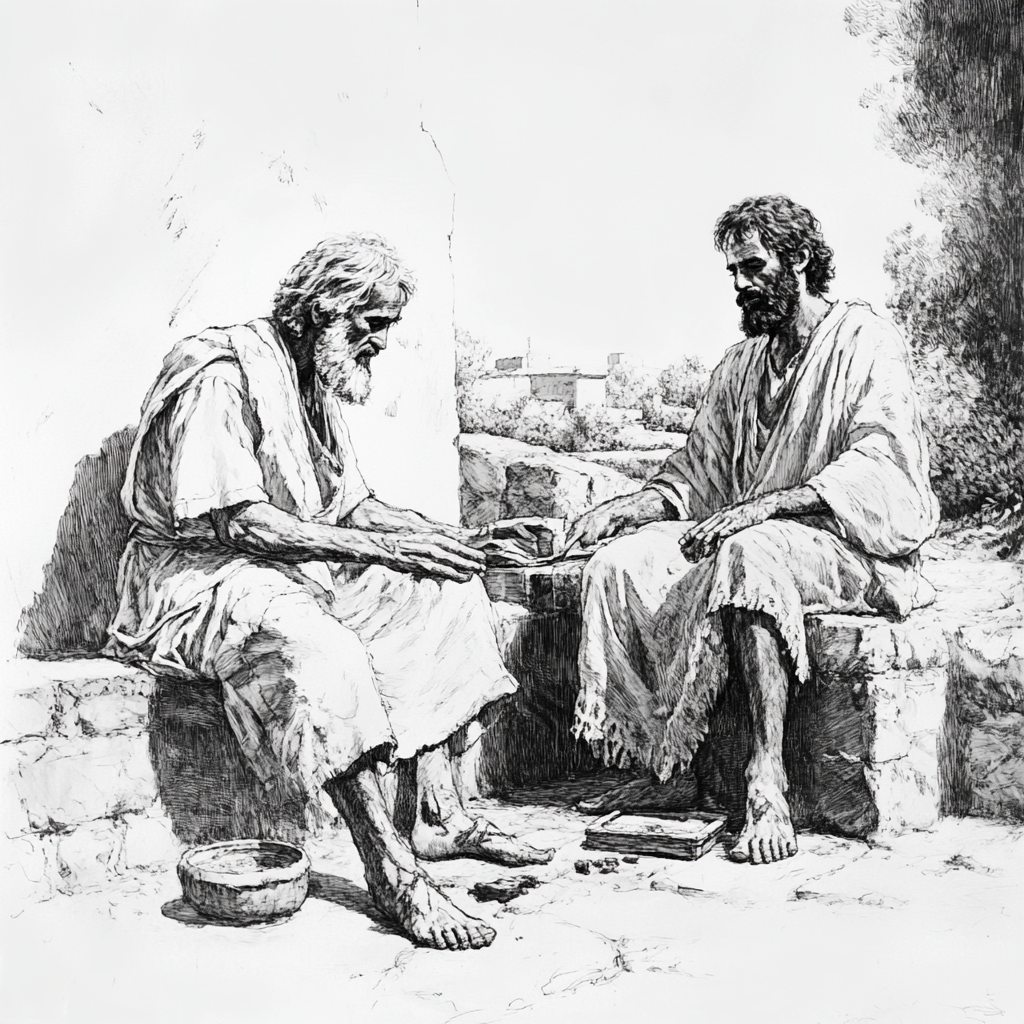“But as He who called you is holy, you also be holy in all your conduct because it is written, ‘Be holy, for I am holy.'” – 1 Peter 1:15-16 (NKJV)
Introduction:
The story of Jonah is a remarkable account of a man who faced tumultuous trials and tribulations. His journey, marked by storms and a great fish, holds valuable lessons for us about God’s grace. Just as Jonah was swallowed by a whale but ultimately saved by God’s grace, we too can find refuge in God when we submit to Him in the midst of life’s storms.
Key Point Summary:
– Jonah’s disobedience led to a storm that mirrors the trials and tribulations we face.
– When Jonah submitted to God in humility, God’s grace rescued him from the depths.
– God’s grace provides shelter and care, even when we obey with a stubborn heart.
Devotional Story:
In the book of Jonah, we find a man who was called by God to go to the city of Nineveh, but he chose to flee in disobedience. As Jonah sailed away from his divine calling, a great storm arose, threatening to swallow the ship. The storm serves as a metaphor for the trials and tribulations we often encounter in our own lives when we choose to walk away from God’s plan.
“Therefore they cried out to the Lord and said, ‘We pray, O Lord, please do not let us perish for this man’s life, and do not charge us with innocent blood; for You, O Lord, have done as it pleased You.’”‘ – Jonah 1:14 (NKJV)
Jonah, realizing that his disobedience had brought this calamity upon the crew, instructed them to throw him into the sea. Just as Jonah was swallowed by a great fish, we too can feel overwhelmed by the challenges we face when we disobey God’s calling.
“So he prayed to the Lord, and said, ‘Ah, Lord, was not this what I said when I was still in my country? Therefore I fled previously to Tarshish; for I know that You are a gracious and merciful God, slow to anger and abundant in lovingkindness, One who relents from doing harm.”– Jonah 4:2 (NKJV)
Despite Jonah’s stubborn heart, God’s grace reached down into the depths of the sea and provided him with shelter and protection inside the whale’s belly. It was in this dark and unlikely place that Jonah humbled himself and prayed.
“When my soul fainted within me, I remembered the Lord; And my prayer went up to Him, into His holy temple.”– Jonah 2:7 (NKJV)
Conclusion of the story:
Jonah’s story teaches us that even in our moments of stubbornness and disobedience, God’s grace is ever-present. When we find ourselves in the midst of life’s storms, like Jonah, we can submit to God in humility, knowing that His grace is sufficient to rescue us from the depths and provide us with shelter and care.
Contextual Insight:
Jonah’s journey reminds us of God’s relentless pursuit of us, even when we stray from His plan. His grace is always available to rescue us from the storms of life.
Personal Reflection:
1. Can you think of a time when you faced a trial or tribulation that felt overwhelming, like a storm?
2. How did you respond to that situation? Did you turn to God in humility or resist His calling?
3. Reflect on the grace and mercy that God has shown you in your own life.
Practical Application:
1. In times of difficulty, turn to God in prayer and humility, seeking His guidance and grace.
2. Consider how you can align your life more closely with God’s calling and plan.
3. Reach out to others who may be going through their own storms and offer support and encouragement.
Prayer:
Heavenly Father, we thank you for the story of Jonah, which reminds us of your unwavering grace even in the face of our disobedience. Help us to humble ourselves before you when we encounter trials and tribulations, knowing that your grace is sufficient to rescue us and provide shelter. May we always trust in your lovingkindness and abundant grace. In Jesus’ name, we pray. Amen.
Conclusion:
In the midst of life’s storms, let us remember the story of Jonah and how God’s grace rescued him from the depths. Just as Jonah found shelter in the belly of the great fish, we too can find refuge in God’s grace when we submit to Him in humility. His grace is our eternal shelter, even when we obey with a stubborn heart.
Further Reading:
1. Jonah 1:17 (NKJV)
2. Jonah 2:10 (NKJV)
3. Additional reading material or author: “Grace: More Than We Deserve, Greater Than We Imagine” by Max Lucado
Faith Notes:
God’s grace is a gift that we do not deserve, yet it is always available to us when we turn to Him in faith and humility.
Reader Participation:
Share a personal experience of how God’s grace has rescued you from a difficult situation or storm in your life.
“So he prayed to the Lord, and said, ‘Ah, Lord, was not this what I said when I was still in my country? Therefore I fled previously to Tarshish; for I know that You are a gracious and merciful God, slow to anger and abundant in lovingkindness, One who relents from doing harm.” – Jonah 4:2 (NKJV)









